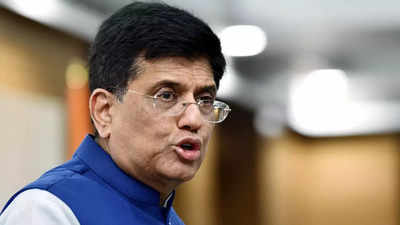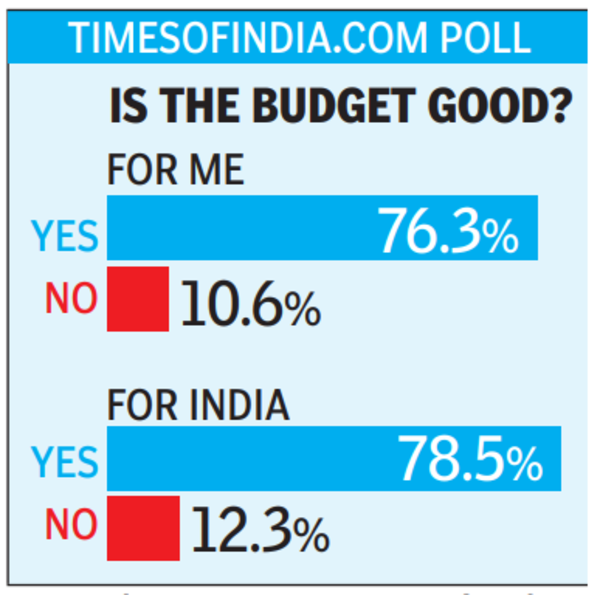NEW DELHI: The commerce, MSME and finance ministries will work together to identify various sectors that will require maximum capital support for
technology upgradation
, marketing, brand building, and accessing newer markets, to boost exports, commerce minister Piyush Goyal said Saturday. Govt has announced setting up an
Export Promotion
Mission with an outlay of Rs 2,250 crore.
Goyal said the mission could address issues including the ways to extend credit to the exporting community at affordable rates. The mission will facilitate easy access to export credit, cross-border factoring support, and support to
MSMEs
to tackle non-tariff measures (NTMs) in overseas markets. He added the finance minister has given flexibility for export promotion and all the three ministries will work together and design which all sectors really need support.
Stating that the Budget announcement will help boost domestic manufacturing and exports from sectors such as textiles, toys, leather and marine, Goyal said, “The three ministries will work as a team to see which are the areas that require maximum support in terms of availability of capital, funding, in terms of tech upgradation and marketing, brand building, access to newer markets, and promotion of newer products. It is an omnibus scheme. It gives a lot of flexibility for promoting exports.”
With regard to the resolving NTMs, the minister said if a country has a very difficult terms of reporting or quality approvals, India should be in a position to support MSMEs in meeting those costs. Most NTMs are domestic rules created by countries with an aim to protect human, animal or plant health and environment.
In response to a question on the no mention of extending interest equalisation scheme in the Budget, Goyal said it ended in Dec and now the three ministries would see if any sector needs to be supported through any scheme and draw the contours of the scheme.
On the issue of no allocation for market access initiative scheme, he said, “We have clubbed all of it and brought into this bucket because we would like to see targeted and focused interventions rather than just a regular intervention where big and small or all sectors get same treatment.”



